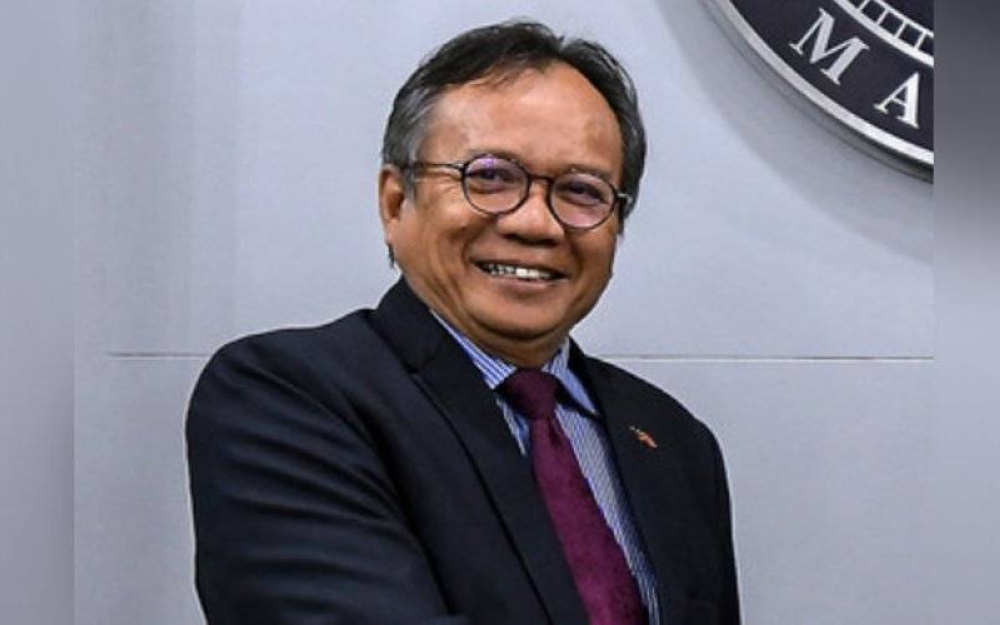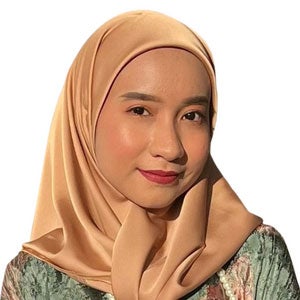Suhakam expresses alarm over welfare of 36 Indonesian children held in immigration depot

SHAH ALAM - The Human Rights Commission of Malaysia (Suhakam) expresses concerns about the 36 Indonesian children’s welfare at the Lenggeng Immigration Depot.
Its chairman Professor Datuk Dr Rahmat Mohamad, in a statement suggested the government implement the Convention of the Rights of the Child (CRC) to provide the best for the children.
He also called out for counselling support to be provided to the children.
“In this respect, Suhakam calls for immediate counselling support to be provided to the children by the authorities concerned.
“It is also hoped that the authority will respond to the short-term needs of the affected children.
“Moreover, the vulnerability and sensitivity of the children should always be priorities in any immigration policy decisions,” he said.
The 36 children were placed in the depot following the arrest of 67 Indonesian migrants by the Immigration Department at a settlement in Nilai Spring, last Feb 1.
Dr Rahmat further suggested the government proceed with the Alternative to Detention programme which had been approved by the Cabinet.
The said programme was significant in providing a safe house for the health and well-being of the children - while waiting for their immigration status.
“Suhakam also supports the government’s recent initiative to extend the Labour Recalibration Programme 2.0 that regularised undocumented migrants as legal foreign workers in the economic sector of our country.
“The initiative with the collaboration of the Indonesian government is viewed as a progressive move to resolve the long-standing immigration issue in Malaysia,” he said.
The 67 migrants arrested comprised of 11 men, 20 women, 20 boys and 16 girls.
The authorities also found a school at the place whereby the children were taught the syllabus of the neighbouring country.
Download Sinar Daily application.Click Here!















